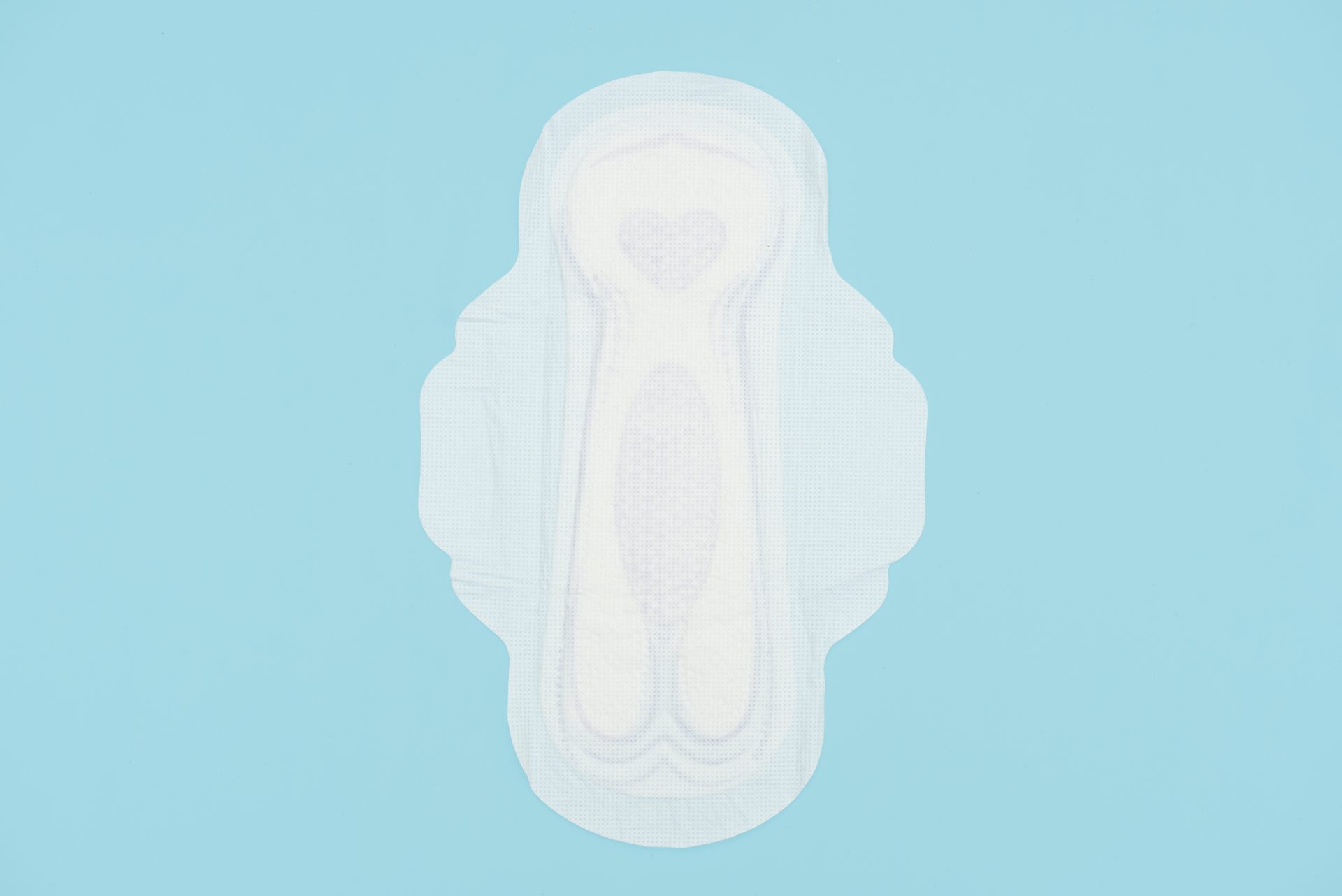
The phrase “balance your hormones” is commonplace in the online wellness world, but how do you know if you have a hormonal imbalance?
Balance is hard to strike in every walk of life. The perfect work-life balance is hard when most of us are still trying to navigate hybrid working, for example. But recently, the word balance is being applied to one specific area of health: our hormones.
You’ve no doubt come across the phrase “balance your hormones” and maybe have even taken supplements that promise endocrine harmony or followed workouts that suggest they can help you achieve hormonal balance. But the phrase is vague. What does it really mean, and what are the signs of a hormonal imbalance?
Do we need to balance our hormones?
“The body works on a series of feedback loops so, to a degree, it has the ability to ‘balance itself’,” says female health expert Renee McGregor. “But the body also has to respond to the situation it is in. For example, if our nervous system is alerted about some form of threat, this information will be relayed to the rest of our body and hormones will respond accordingly.”
You may also like
How does caffeine impact your hormones? The truth about coffee and period problems
Importantly, having balanced hormones doesn’t mean having equal levels of, say, testosterone and progesterone. The right ‘balance’ of hormones in our system will depend on the week, day and even hour that you’re talking about. We actually need fluctuating and varying levels of hormones in our system, rather than the same flat amount of each of them.
For example, our reproductive hormones will be incredibly different in our follicular phase to our luteal phase. Progesterone is just one hormone that has huge fluctuations throughout our cycle, staying very low until just after ovulation and then spiking around a week before our period before falling again. Meanwhile, oestrogen is higher in the follicular phase but falls in the middle and later weeks of our cycle. You’ll never find these two hormones at the same level in the body, but that is what the natural balance should look like.

The concern, says McGregor, is when these hormones aren’t rising and falling in line with the body’s natural rhythm. That is when the body really is out of balance.
How to tell if you have a hormonal ‘imbalance’
You only know what your hormones are really doing if you have a blood, saliva or urine test. For that reason, McGregor says it’s best to understand how hormonal issues may show up in the body.
These include:
The menstrual cycle: “One of the first areas of our body to become impacted by stress, whether physical or emotional, will be our menstrual cycle. You may expect to see changes to flow or frequency.”
Digestion issues: “A further physical sign of hormonal issues may be changes to your digestive system. We may notice more bloating and discomfort as our hormones influence the microbiome and gut function.”
You may also like
Gut health: how to tell if your digestion and bloating are improving?
Mental health problems: “Increased anxiety and an inability to emotionally regulate can stem from chronically high cortisol or low oestrogen. It’s important that these feelings are differentiated from the normal variation in mood we may notice day to day, which is completely normal.”
How to balance your hormones
“I’d focus less on trying to keep your hormones balanced and more on maintaining a balanced lifestyle, which in turn will ensure that all the critical hormonal feedback loops that are needed for health will work appropriately,” says McGregor.
An example of how our everyday habits can change our hormonal function is shown through the impact of a failure to fuel our workout practices. “If you do not provide enough carbohydrates to the body, especially a body that is physically very active, for a prolonged period of time, this down-regulates the production of the thyroid hormone T3.

“When this is identified as low, it sends a signal to the hypothalamic-pituitary axis (a feedback system between two hormone-producing glands) to suggest that the body needs to down-regulate and preserve energy. In turn, this sets off a cascade of other feedback loops, shutting down biological functions such as reproductive hormones and digestive hormones but will upregulate cortisol, our stress hormone,” McGregor says.
There are four key areas that influence our hormones: nutrition, exercise, sleep and stress management. Of course, these are also the basic principles for optimising all health and wellbeing, so if you think your hormones are off, it’s best to start with the basics. Are you getting seven to nine hours of sleep? Are you eating enough carbohydrates, fats, protein and fibre to support your everyday activity? Are you exercising enough but not too much? Are you doing things you enjoy with people you love and feeling happy in your life?
If you’re worried about your hormone health, always make sure you visit your GP who can do tests. But remember that striving for ‘balance’ isn’t always what it seems.
Images: Getty
Source: Read Full Article